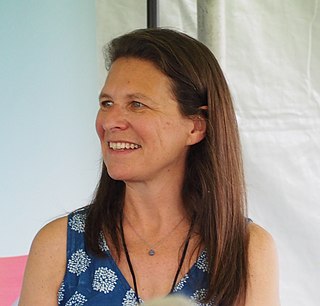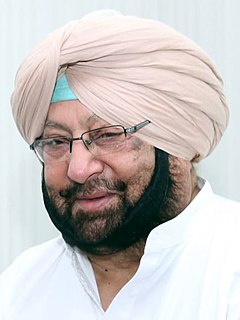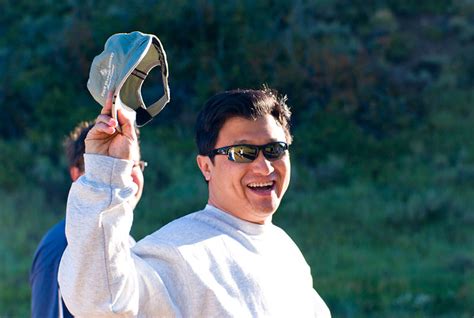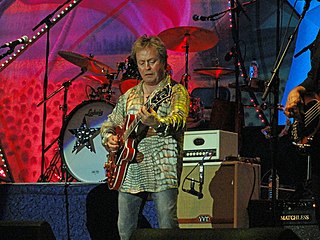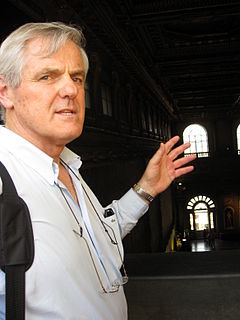A Quote by Deborah Copaken Kogan
Born in 1966, I came of age at the dawn of a revolution. The past was gone; we would move on and get over it!
Related Quotes
I was born in Cuba. At the age of 14 years of age I was involved in a revolution. We were suffering from a very cruel, oppressive dictatorship, and the revolution started in the high schools and the universities. So when I was 14, I was involved in the revolution. I was in the revolution four years. During that time, a young, charismatic leader rose up in Cuba, talking about hope and change. His name was Fidel Castro.
song of elli (old age) "What is plucked will grow again, What is slain lives on, What is stolen will remain What is gone is gone... What is sea-born dies on land, Soft is trod upon. What is given burns the hand - What is gone is gone... Here is there, and high is low; All may be undone. What is true, no two men know - What is gone is gone... Who has choices need not choose. We must, who have none. We can love but what we lose - What is gone is gone.
People over the age of thirty were born before the digital revolution really started. We've learned to use digital technology-laptops, cameras, personal digital assistants, the Internet-as adults, and it has been something like learning a foreign language. Most of us are okay, and some are even expert. We do e-mails and PowerPoint, surf the Internet, and feel we're at the cutting edge. But compared to most people under thirty and certainly under twenty, we are fumbling amateurs. People of that age were born after the digital revolution began. They learned to speak digital as a mother tongue.
My intention still is to write a play to commemorate, possibly rather skeptically, the 50th anniversary of the Russian revolution. I started it at the beginning of 1966, but confronted with the enormous importance and reality of that revolution, I absolutely boggle. I don't know what to do about it.
I'm well past the age where I'm acceptable. You get to a certain age and you are forbidden access. You're not going to get the kind of coverage that you would like in music magazines, you're not going to get played on radio and you're not going to get played on television. I have to survive on word of mouth.
What needs to be discharged is the intolerable tenderness of the past, the past gone and grieved over and never made sense of. Music ransoms us from the past, declares an amnesty, brackets and sets aside the old puzzles. Sing a new song. Start a new life, get a girl, look into her shadowy eyes, smile.
I've gone into prisons, I've gone into schools, I've gone into corporations, all over the world. It doesn't matter where you go, people are essentially the same. Our culture is different, but culture is nothing but group habit, culture is paradigm and when you get past the culture, people are essentially the same.
